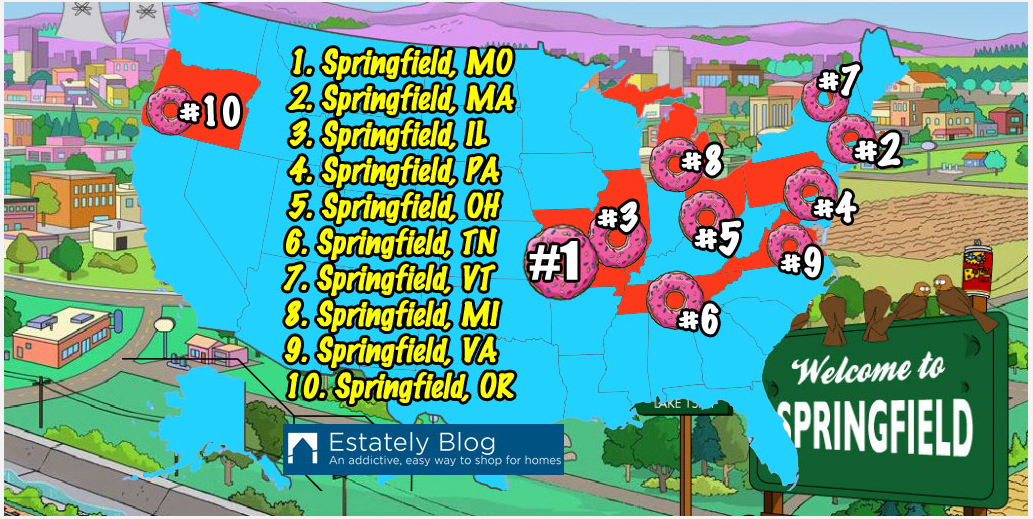Recently, Intellitonic was contacted by a company who was contracting another agency to create and maintain their Google AdWords account. The campaign had been running for a little less than two years and in that time, their click-through-rate (CTR) increased and their average ad position moved closer and closer to the first position – both great signs. However, web traffic from AdWords started to decrease and they heard from the agency less and less. They thought it might be time for some new help.
We used the below questions to help determine whether or not it was, indeed, time for a new agency:

Campaign Setup
- What locations are you targeting and what locations are you excluding? Be sure your ads are showing up in the correct locations. If you’re a local store that doesn’t do any online sales, you should likely target people living within comfortable driving distance. Unfortunately, the campaign we reviewed had this exact problem so they lost about 15-20% of their spend to location irrelevant clicks.
- Have a common town name like Springfield? Exclude all other Springfields from your location.
- What type of bidding strategy are you using? Automatic bidding is handy, but can drive up your costs. If you check in on your campaign on a regular basis, and you should, consider manual bidding – Google gives you hints on first page and top of page bids.
Keywords
- Do your keywords reflect information you provide on your website? It is crucial that your keywords mimic your content as much as possible to appear relevant to Google and to your user.
- Do you have negative keywords? Negative keywords are a great way to prevent irrelevant users from seeing your ad and wasting your click budget. Be sure to start with at least few words and grow the list as your click base grows, too. The historical campaign had less than ten negative keywords – trust us, that’s not nearly enough.
- Are you just relying on broad match? Broad match is our least favorite match type as it can get a little wild and reduce relevancy. Consider using broad match modifier, phrase match, and exact match to use your budget more wisely.
- Do you have a keyword in multiple AdGroups? Keywords belong in one AdGroup and one Adgroup only – bidding on a keyword in multiple places causes you to compete with yourself and drive up your costs.
AdGroups
- Do your adgroups have tightly knit themes? When you dig into an AdGroup, you should see similar variations of the same keyword or phrase. Note: this does not include synonyms as they should have their own separate AdGroup. This was probably the biggest problem with the historical campaign – all kinds of keywords were lumped together when they should have been divvied up.
- How many AdGroups do you have? There is no correct number, but the more the better. The campaign we reviewed only had four – that was the first major red flag.
Ads
- Do the Ads associated with your AdGroup have the keyword or phrase in it? When a user searches for your keyword that is used in your Ad, Google bolds those keywords; in other words, your Ad will stand out more.
- Do your Ads have a call-to-action? Users are more likely to be enticed with an invitation to action i.e. “call us now” or “download for free”
- Are you trying out different Ads? Don’t be afraid to test out various ad content – it’s a great way to see what calls-to-action, punctuation, or capitalization works best for your audience.
Overall, these questions helped us determine that the company was not getting the biggest bang for their buck. Their campaign had a lot of wasted spend due to poor campaign setup including lack of targeting, few AdGroups, even fewer Ads, and irrelevant search terms produced from poor keywords and lack of negative keywords.

Two things gleaned from this experience?
- Setup your campaign properly from the start
- As an agent, stay on top of your campaigns and be sure to maintain solid communication with your clients
What major flags do you look for when you are asked to audit Adwords campaigns ?
